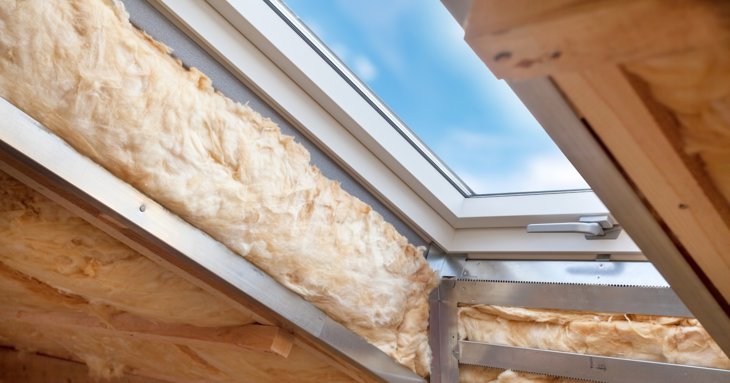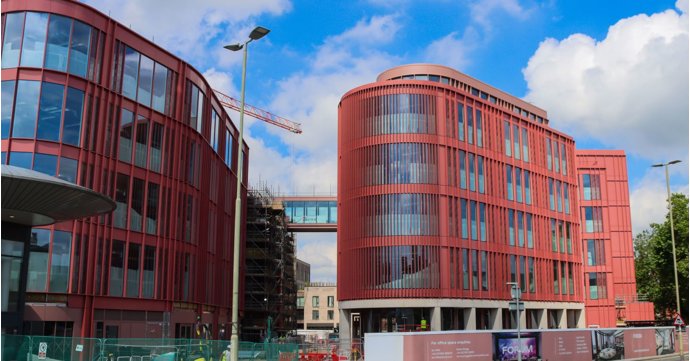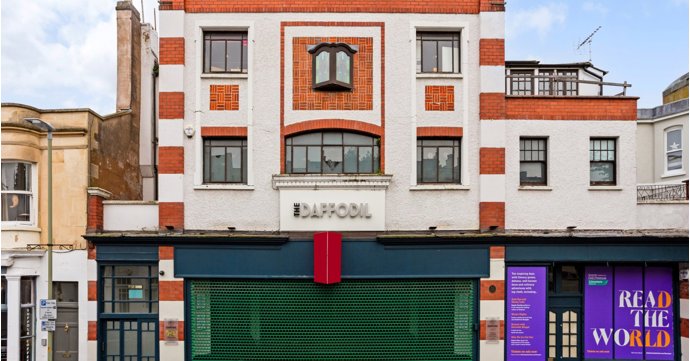In a new government initiative for 2023, the Great British Insulation Scheme is designed to offer free insulation to means-tested households with low energy-efficiency rated homes, meaning a potential yearly saving of hundreds of pounds on energy bills, plus a warm and cosy house.
SoGlos sat down with the experts at Cotswold Energy Group to find out what this scheme is and how it works for households in Gloucestershire.
Can you give us the lowdown on what the Great British Insulation Scheme (GBIS) is?
The GBIS is a new energy-efficiency funding scheme, launched in the summer of 2023. This is a government-backed scheme as part of the wider Energy Company Obligation (ECO) funding, whereby the government places an obligation on the largest energy companies in the country to help reduce energy bills and tackle fuel poverty for the least energy-efficient homes in Great Britain.
The GBIS will fund £1bn worth of funding per year until the scheme ends in March 2026. Unlike most other current funding schemes, the GBIS will mostly deliver single insulation measures to support as many households as possible that may be suffering from fuel poverty.
Which type of household does this scheme benefit?
The scheme offers support for owner-occupied, privately rented and social housing properties under two different routes of eligibility.
The first group is 'low-income', where residents are recognised as likely in fuel poverty due to a low-income. Any residents on means-tested benefits, those living in social housing or those referred for certain metrics through their local council are eligible for this group. This group can receive a variety of insulation and heating control measures depending on their Energy Performance Certificate (EPC) rating.
The other 'general' eligibility group can receive measures
through the Great British Insulation Scheme if they live in a home that falls
within council tax bands A to D in England and with an EPC rating of D and below. Over
56 per cent of properties in England have an EPC rating of D or below. In this group, owner-occupied properties are
eligible for all insulation measures, whereas privately-rented properties are
suitable for a contribution towards high-cost insulation measures, such as
internal wall insulation or flat roof insulation.
Simply put, for any owner-occupied property with an EPC rating from D to G in council tax band A to D, there is funding available to upgrade the energy efficiency of your home, reduce your energy bills and cut your household CO2 emissions.

What type of improvements will a house see from extra insulation?
For an eligible owner-occupied household, the GBIS funding can, in most cases, cover the entire installation cost of cavity wall insulation. As per the Energy Trust’s October 2023 data, for an average gas-heated semi-detached house in England, cavity wall insulation could save £265 a year from their energy bills and 650kg of carbon a year from their household emissions.
In addition, the GBIS follows the TrustMark pathway of install, meaning that all properties treated for insulation will also have their ventilation assessed. This means that any existing issues of damp and mould can be mitigated by extract ventilation and background ventilation, which are also installed as part of the funding. This helps to recirculate fresh airflow in properties treated through the scheme.
What are the best types of insulation and are they environmentally friendly?
Only certain insulation products are suitable for certain types of property builds. Luckily, the industry has the ability to install insulation for all sorts of property types. This means that, no matter the build structure of your house, a retrofit install team can make a discernible impact on your energy bills and your household CO2 emissions.
Some products, such as EnergyStore’s cavity wall insulation superbead system, use environmental methods of production to 'dramatically reduce embodied carbon' in the construction industry. Ofgem recognises this as an innovative method of production and rewards the use of such products in the GBIS.
How long does insulation last before it needs replacing?
Cavity wall insulation is covered by a 25-year insurance-backed guarantee. However, modern insulation materials last much longer than this period. This means that residents can benefit from energy bill savings for many years to come.
How do we find out more?
Homeowners and landlords can find further information on the GBIS scheme on the government website or at Ofgem. Or for a free appointment and to check eligibility, contact Cotswold Energy Group on (0333) 444 5444 or visit cotswold.energy.





















